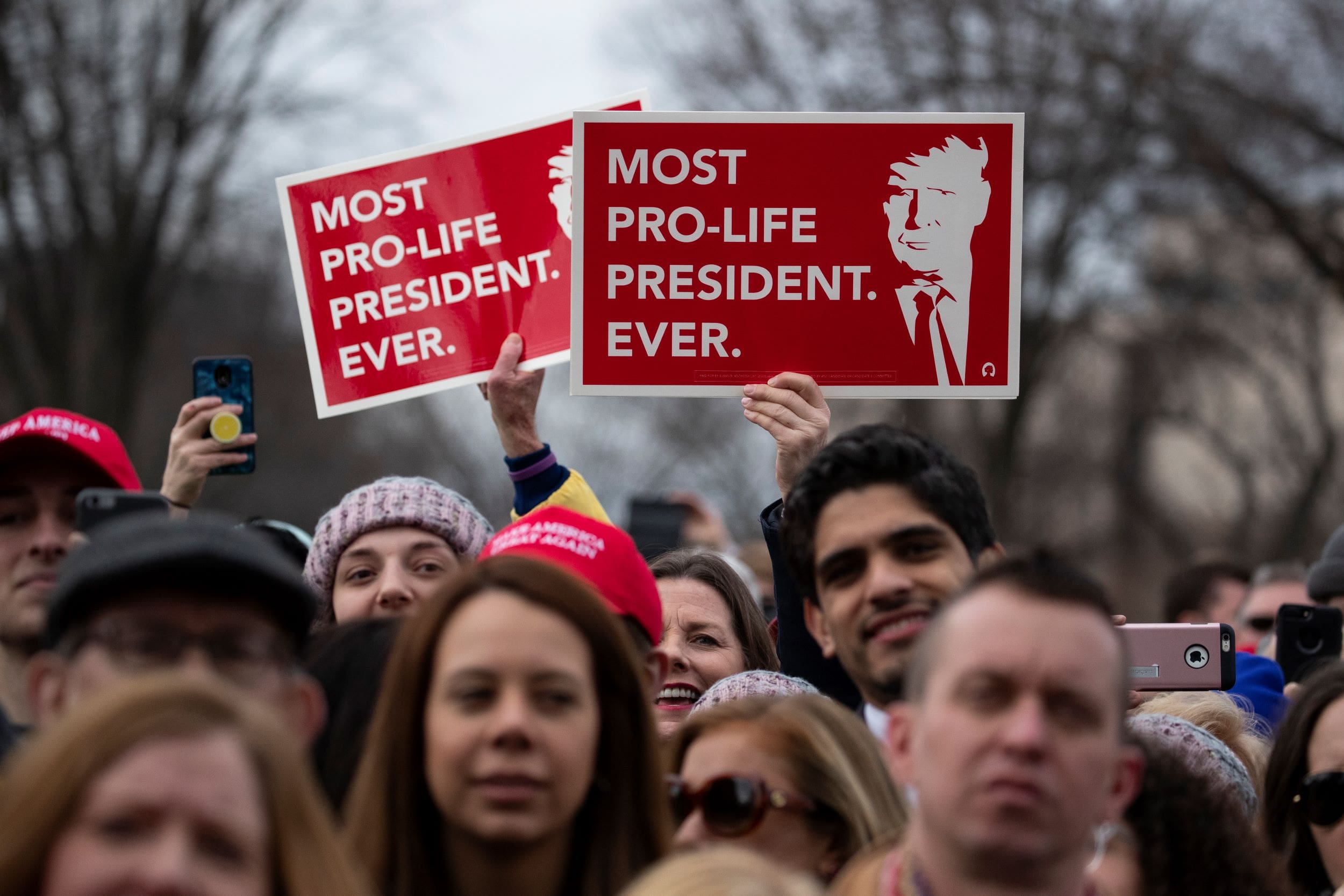Meet Sandy Pensler, the pro-Trump Republican who just joined the Michigan Senate race
The venture capitalist joins a crowded field of Republicans running for Michigan’s open U.S. Senate seat in 2024.

Sandy Pensler, a wealthy Michigan venture capitalist, announced on Dec. 1 that he will seek the Republican nomination for the state’s open U.S. Senate seat in 2024. In his previous unsuccessful political campaigns, he has allied himself with former President Donald Trump and right-wing policies.
Pensler promised to spend his own money to win the seat, as he unsuccessfully tried to do in 2018. In a kickoff video, he warned: “America is burning. We’ve lost our moral compass. Career politicians are afraid of making tough decisions. … Meanwhile we allow men to destroy women’s sports because we fear being canceled by the radical woke fringe.”
The Senate seat up for grabs in Michigan is currently occupied by Democratic Sen. Debbie Stabenow, who is not seeking reelection next year. National Republicans have settled on former U.S. Rep. Mike Rogers as their favored candidate, but several other prominent GOP politicians have also joined the primary race, including former U.S. Rep. Peter Meijer and former Detroit Police Chief James Craig.
Early polls show Democratic Rep. Elissa Slotkin with a lead in the Democratic primary and hypothetical general election matchups.
Pensler is president of Pensler Capital Corporation, a venture capital firm whose holdings include Korex, a dry chemical and food wrap film manufacturing company.
In 1992, he was the unsuccessful Republican nominee in Michigan’s 8th Congressional District. In that campaign, he ran as a supporter of reproductive rights.
By the time he announced his 2018 Senate bid in November 2017, he had switched sides to oppose legal abortion.
“My position’s changed since I’ve had a family,” he told the Associated Press at the time. “My wife and I think that abortion is a bad thing and that government should do what it can to limit it. I think Roe v. Wade was a terrible decision by a court, really an almost tyrannical decision by nine people on the rest of the country.”
“I have the same position on being pro-life as President Reagan and President Trump,” Pensler said in a July 2018 debate.
A campaign spokesperson did not immediately respond to an inquiry for this story about his specific policy views, and his 2024 campaign site does not yet have an issues page.
Pensler ran in 2018 as a “pro-Trump” “Michigan First” candidate and as “a true conservative.” His campaign page for that race touted his support for “choice and competition in our schools” and for “reforming entitlement programs.”
He endorsed the 2017 Tax Cuts and Jobs Act, which slashed tax rates for very wealthy individuals like himself and for corporations like his own, and called it “rocket fuel on a hot economy” and “a generational opportunity.”
According to the Midland Daily News, at a February 2018 GOP event, Pensler indicated he did not support minimum wage laws or social safety net programs to help poorer individuals: “I would love to raise minimum wage. But, it does the wrong thing. Those people don’t get entry-level work. They don’t know how to work. Debbie has never met an entitlement she doesn’t want to expand. What does it do? It creates dependency and despondency.”
That July, he endorsed repeal of the Affordable Care Act, commonly known as Obamacare, which today provides affordable health insurance care for more than 322,000 Michiganders. Pensler said on WXYZ-TV in Detroit: “I think we need to fix the healthcare system.” “First of all, we have to completely repeal Obamacare, ACA, whatever you want to call it, and we have to put market mechanisms in place.”
He told the outlet that the solution to school shootings was more action to prevent realistic threats: “I think if we do that we’ll solve most of the problems. I think there’s some mental health things that we can look at, but I don’t think the answer is just taking away people’s guns. I don’t think that’s going to be helpful in solving this problem.”




